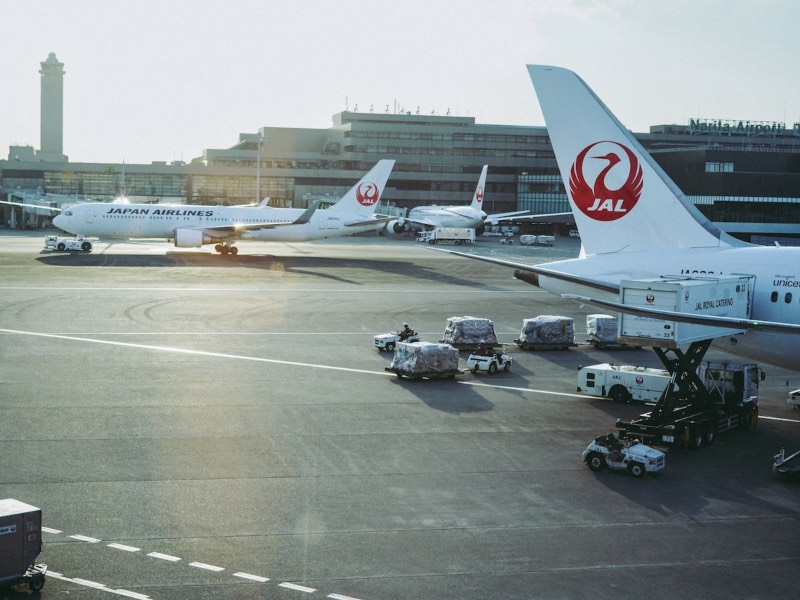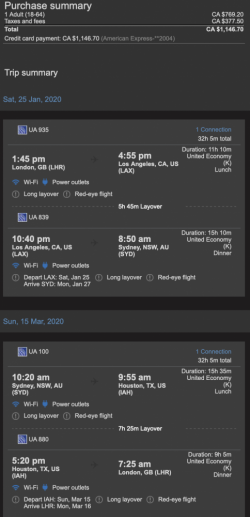- Joined
- Mar 25, 2010
- Posts
- 1,542
Your Ticket’s “Point Of Origin” Could Cost You Hundreds is an article written by AFF editorial staff:

 www.australianfrequentflyer.com.au
www.australianfrequentflyer.com.au
You can leave a comment or discuss this topic below.

Your Airline Ticket's "Point Of Origin" Could Cost You Hundreds
The Point Of Origin (where the first sector departs) and Point Of Sale on airline tickets affects the price and availability of flights.
You can leave a comment or discuss this topic below.















